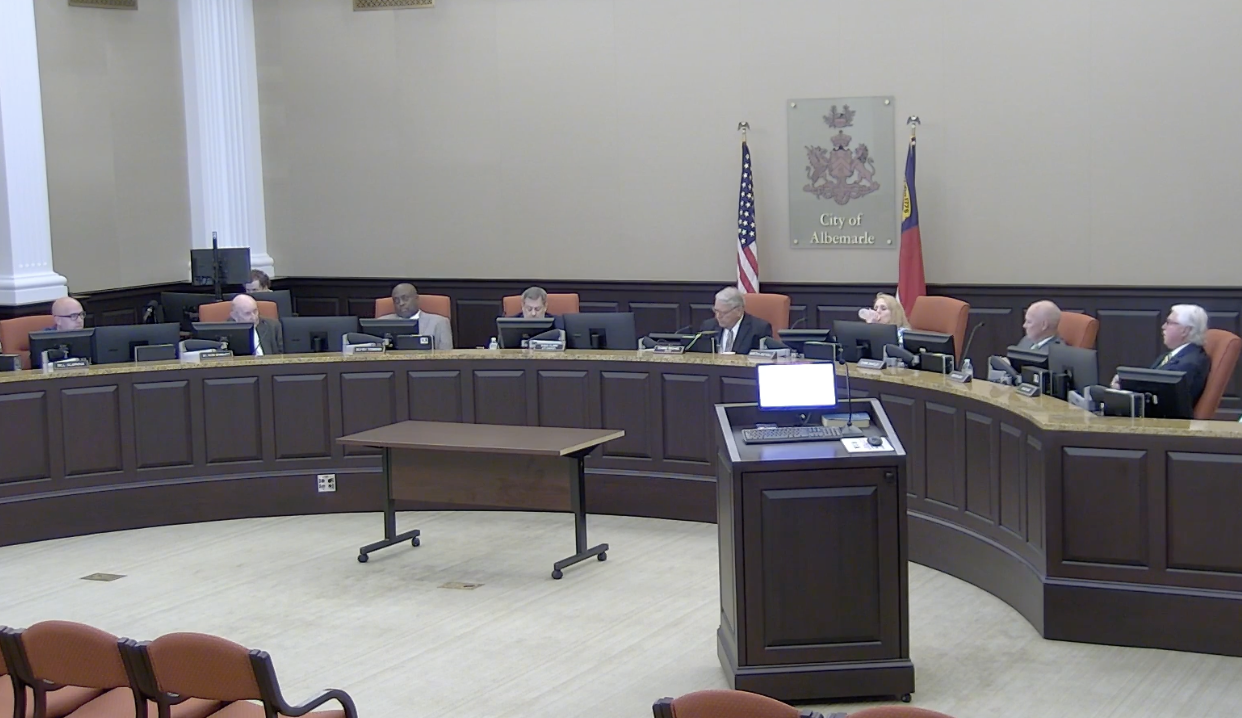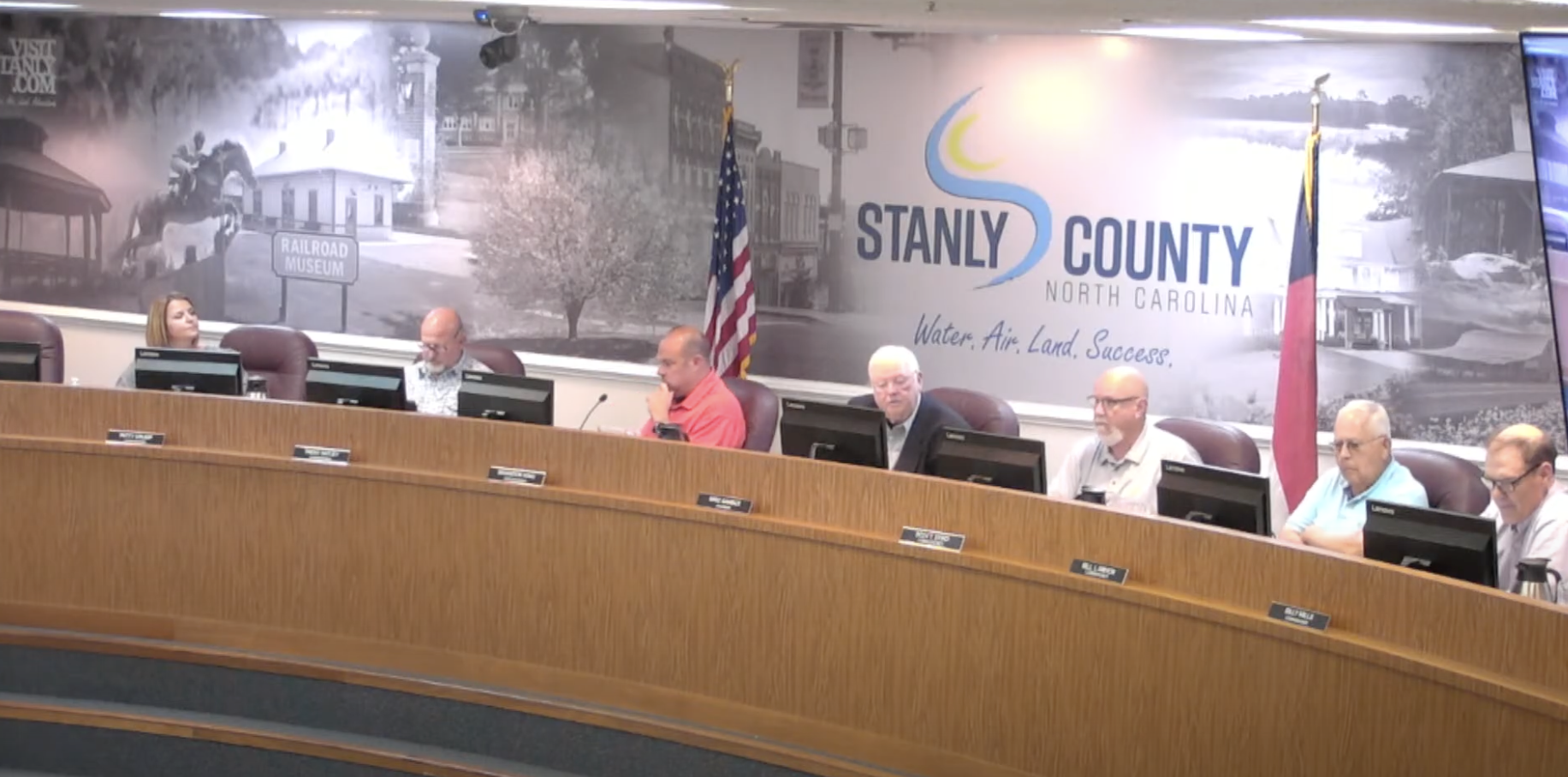JOHN HOOD COLUMN: Courts do have role in redistricting
Published 9:59 am Wednesday, May 10, 2023
|
Getting your Trinity Audio player ready...
|
RALEIGH — When the North Carolina Supreme Court issued its latest redistricting decision on April 28, both angry Democrats and triumphant Republicans declared that the court had removed itself from any oversight of the state’s electoral districts.

John Hood
That’s not what happened. Parties will continue to litigate congressional and legislative maps for years to come. And North Carolinians who advocate redistricting reform — as I have for nearly four decades — still have a clear path forward, should we choose to take it.
Writing for the 5-2 majority, Chief Justice Paul Newby began his Harper v. Hall opinion with so powerful a description of judicial review in a constitutionally governed state that it deserves extensive quotation. While the federal constitution is a “limited grant of power,” Newby writes, “the state constitution is a limitation on power.” State governments existed before there was a national government, and indeed were instrumental in creating it. States enjoy a general “police power” — a presumed authority to enact laws, and to levy and spend taxes — that the federal government lacks.
States, in turn, ultimately derive their power from the people themselves, who have over the centuries adopted and periodically amended their state constitutions as a guide for using it. “In the constitutional text, the people have assigned specific tasks to, and expressly limited the powers of, each branch of government,” he writes. “The state constitution is detailed and specific. The people speak through the express language of their constitution, and only the people can amend it.”
In their original Harper vs. Hall decision, the previous Democratic majority on the N.C. Supreme Court claimed to have found in the state constitution clear and judiciable prohibitions against partisan gerrymandering. Now, everyone grants that neither the words “partisan gerrymandering” nor the underlying concept is discussed anywhere in the state constitution. What the plaintiffs argued, and the Democratic justices endorsed, is that such terms as free elections, equal protection, freedom of speech, and freedom of assembly could be construed to give North Carolinians an actionable right to challenge districts as unconstitutional.
There’s no evidence the North Carolina leaders who wrote the constitutional provisions had any such intention. There’s no evidence the North Carolina voters who approved the provisions had any such intention, either. At the time, North Carolinians didn’t apply terms like free elections and free speech to the process of drawing district lines.
Progressives often bristle at the suggestion that the original public meaning of constitutional provisions should matter. Why should we today be bound by the thinking of people who might have been dead for centuries?
The answer is that we needn’t be. Mindlessly chaining ourselves to the past is not what originalists advocate. They don’t insist the constitution’s framers got everything right. They don’t doubt that today’s voters might be just as wise, or even wiser, than were previous generations of voters.
The originalist argument, as Newby articulated so well in his opinion, is that only voters get to change their own constitutions. Judges don’t get to do it by creative interpretation. Voters have, in fact, modified both North Carolina’s constitution and the federal constitution dozens of times. Some of these amendments were long-overdue correctives to major oversights or gross injustices.
To return to the topic at hand, federal laws and our state constitution already impose some constraints on redistricting — and the Republican majority in Harper v. Hall are explicitly committing themselves to enforcing these constraints. With regard to legislative districts, for example, the state constitution requires that county lines be respected. In previous litigation, the North Carolina Supreme Court established a “county cluster” procedure to harmonize this provision with federal law.
I think North Carolinians would vote for additional constraints on gerrymandering if given the opportunity to do so. I spent many years helping to draft and promote such amendments — precisely because I granted they weren’t already in the text! That’s the path reformers ought to have chosen in the first place. It’s the only path to follow now.
John Hood is a John Locke Foundation board member.






